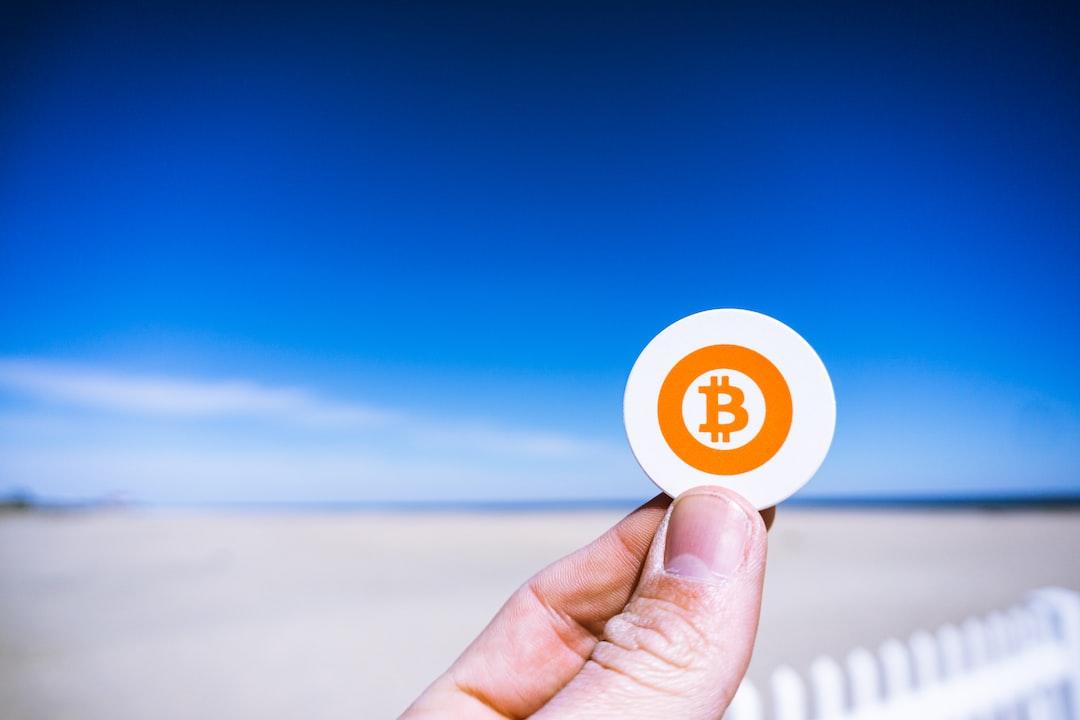According to Bloomberg, the cryptocurrency exchange platform Bitpanda, backed by billionaire Peter Thiel, is exploring various options, including a potential initial public offering (IPO) in Frankfurt or a sale.
Bitpanda, valued at over $41 billion, also collaborates with Coinbase
Bitpanda is an Austrian company based in Vienna, founded in 2014. Its products on the trading platform include cryptocurrencies such as Bitcoin or Ethereum, commodities like silver and gold, as well as various stocks and ETFs. Cryptocurrencies can be stored in digital wallets on the Bitpanda platform and can also be sent to other users. Additionally, the company offers its own credit card.
In August 2021, Bitpanda raised $263 million from investors including Peter Thiel’s Valar Ventures, billionaire financier Alan Howard, and REDO Ventures, valuing the company at $41 billion.
The US cryptocurrency exchange Coinbase also partnered with Bitpanda in May 2023, utilizing Bitpanda’s enterprise-to-enterprise infrastructure layer to connect directly to banks and fintech companies, providing cryptocurrency services to customers.
(Coinbase enters Europe, partners with Bitpanda to offer cryptocurrency services to customers)
Bitpanda is exploring the possibility of an IPO or sale
In May this year, Bitpanda stated that it expects record profits in 2024, with the company’s net revenue exceeding €100 million (approximately $108 million) in the first three months of this year. After a loss of over €130 million in 2022, the company achieved a pre-tax profit of €13.6 million last year.
With the rise of cryptocurrencies this year following the approval of spot Bitcoin exchange-traded funds by US regulatory agencies, digital asset companies have become more attractive to potential buyers. Expectations of a victory for pro-cryptocurrency Republican candidate Trump in the US presidential election have also driven the rise of cryptocurrencies. Sources say that Bitpanda is collaborating with Citigroup and JPMorgan Chase to explore the possibility of an IPO, or may consider a direct sale, which could happen next year. However, deliberations are ongoing, and the company may ultimately decide not to proceed with a transaction.

